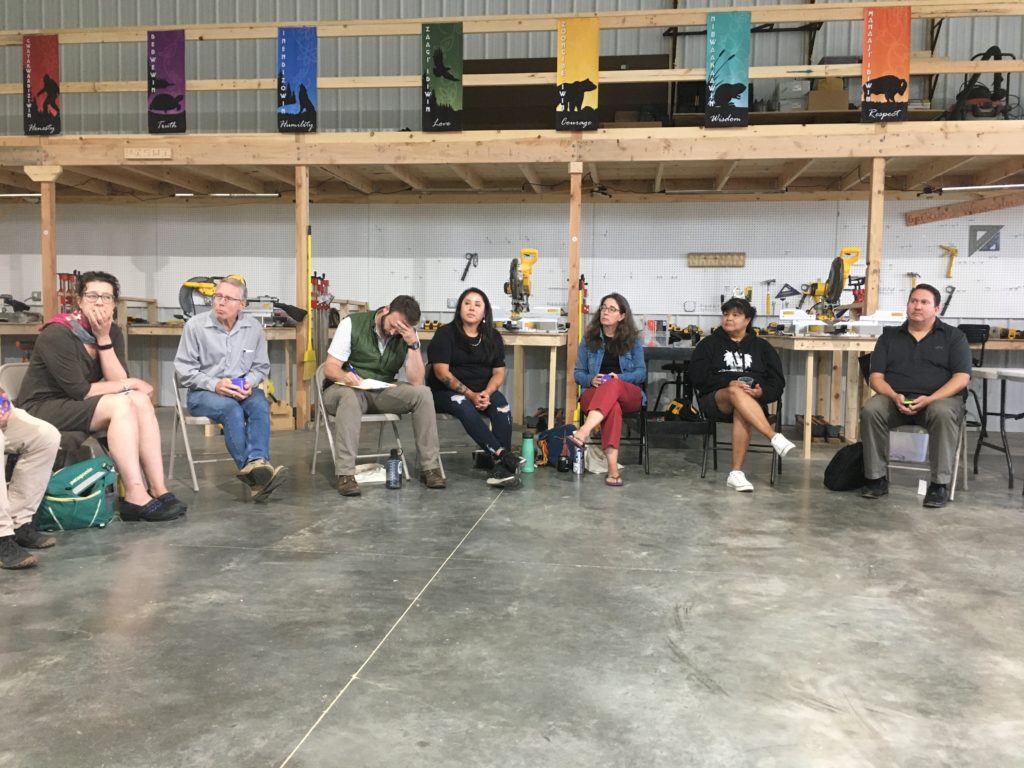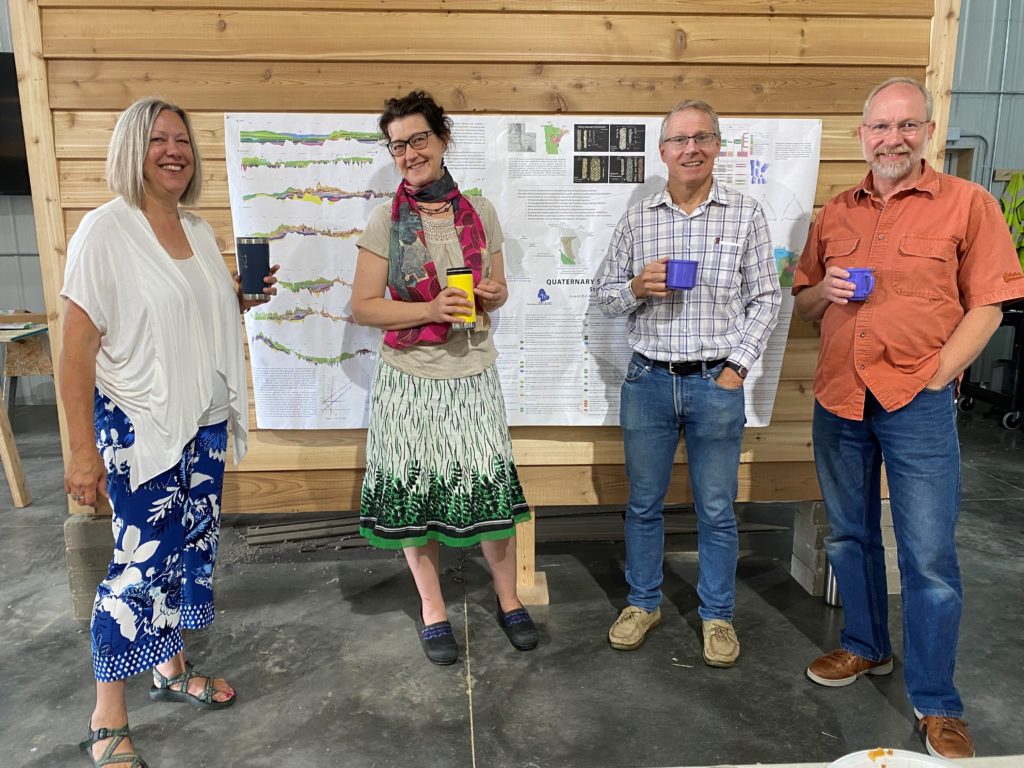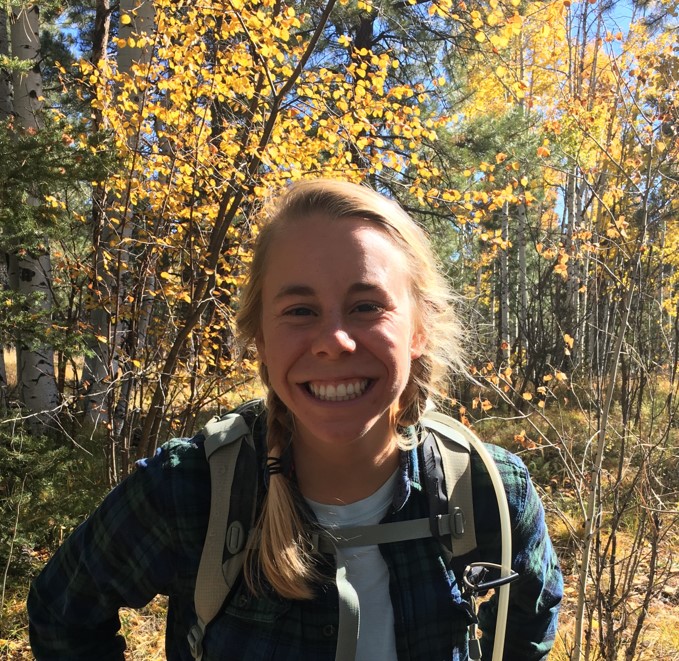
Freshwater, with the help of a 7-person organizing committee and contributions from The Nature Conservancy (TNC), and the work of intern, Bri Jol, organized and facilitated a 2-day workshop hosted by Leech Lake Tribal College August 25-26, 2022. The conversation topic was water challenges in northern Minnesota ceded territories and we wanted to hear from those experiencing and working on them. The organizing committee suggested participants to be invited and helped design the meeting structure. Invitees were from tribal departments of natural resources and colleges including Leech Lake, White Earth, Red Lake, Mille Lacs, Bois Forte, Fond du Lac, Grand Portage, East Lake and Sandy Lake bands of Ojibwe; treaty consortia, and advocacy groups. Also included were researchers currently or formerly with the US Geological Survey, US Forest Service, and several departments across the U of M Twin Cities and Duluth to listen to see if their topic areas were relevant. An attendee list is included at the end of the report with short bios.
The need for such a conversation surfaced during a two-year project that Freshwater undertook in which 25 of 35 tribal nations in Minn., Wisc. and Mich. were interviewed about their approach to governing groundwater. We learned that staffing challenges and reliable funding for positions and programs are impacting institutional knowledge production and continuity of programs. This in turn was creating barriers to addressing groundwater comprehensively and proactively.

The group came away wanting more meetings, a snappy name and a commitment for next steps. Strategies included providing opportunities for meaningful community-engaged research, mentoring for youth and tribal college students, field training and funding for groundwater staff within tribal DNRs, and broad outreach. Other far-reaching goals included establishing Minnesota-Chippewa-Tribe-wide (MIT) water quality standards; getting more band members into leadership positions, and fully recognizing treaty rights to water and land.
- Carrie Jennings, Research and Policy Director

Bri Jol joined Freshwater as a Research & Policy Intern in February. In just 8 months she helped shape a workshop that was conducted during her final week. Preparation included research on topics ranging from carbon sequestration to extractive industries to participatory-based research models to environmental training programs, visits to the Shingobee Research Station in northern Minnesota and Eagle Mine near Marquette, Michigan and attendance of the Geoscience Alliance Conference on “Data Science in Indian Country”.
She co-wrote and submitted a Letter of Inquiry to the Initiative Foundation’s call for transformative ideas on “Water Camp-Training in Environmental Monitoring as a Career-Path for Indigenous & Rural Communities.” Not receiving this grant prompted a reevaluation of outreach and organizational priorities and a transition to planning, coordinating, and hosting the exploratory workshop on water across Minnesota’s northern ceded territories.
After 4 months of logistical planning, communication and outreach, and developing materials, this workshop served as the culmination of Bri’s internship and has helped position Freshwater to take important next steps in growing relationships and engaging in collaborative strategies with new partners to tackle surface and groundwater challenges. She appreciated the chance undertake a project from conception to realization.
Is the report from this workshop available? Or will it be forth-coming?